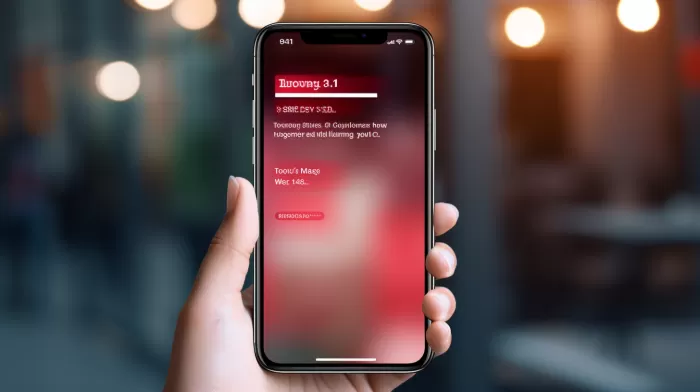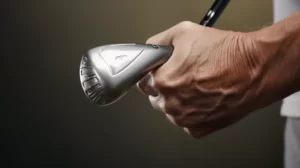Did you know that using your cellphone during and after minor surgery can actually reduce pain? A study at Cornell University has shown that texting can significantly decrease pain levels and the need for narcotic painkillers. In fact, electronic flirtations and text-based communication with a stranger may have the strongest pain relief power.
How Texting Reduces Pain
These findings suggest that simply communicating with a companion or a stranger can produce an analgesic-sparing effect. According to the study, text-based communication with a stranger was the most effective at reducing pain and the perceived need for pain-relief medication. This type of distraction can help take your mind off your pain and make it more bearable.
Other Benefits of Using Your Cellphone for Pain Relief
The study also found that playing a game like Angry Birds on your cellphone can help offset pain. However, texting was found to be more potent in reducing pain. The study involved around 100 people who had surgery, and among those who had normal treatment after surgery (no access to a cellphone), they were twice as likely to need pharmaceutical pain relief as those who used their cellphones to play games or text before and after surgery. Participants who texted a friend cut their pill use by four times while those who texted with a stranger were six times less likely to need narcotics.
This means that text messaging may be a more effective intervention that requires no specialized equipment or involvement from medical professionals. Moreover, text-based communication can potentially introduce the analgesic-sparing benefits of social support to other clinical settings where this type of support is not typically available.
Why Distraction Helps
When you’re distracted, your brain has limited resources to process sensations. The more engaged you are in a task, the less attention your brain has to devote to pain. As a result, people often find that they’re in less pain when they’re absorbed in an activity.
Texting provides a form of distraction that keeps you engaged, helping divert your attention away from the pain. Plus, communicating with someone can provide emotional support and connection, which can have a positive impact on your psychological well-being and help you cope with pain better.
Other Forms of Distraction for Pain Relief
Although the Cornell study focused on texting, there are many other ways to distract yourself and manage pain. Some other methods to try include:
- Listening to music: Many people find music to be soothing and distracting, helping to ease discomfort and pass the time.
-
Watching TV or a movie: Getting absorbed in a show or movie can help make the time go faster and take your mind off pain.
-
Reading a book: Transportation to another world can be an effective pain reliever.
-
Engaging in hobbies: Doing something you enjoy can help distract you from pain and provide a sense of accomplishment.
-
Cognitive-behavioral therapy (CBT): This form of therapy can help you develop strategies for managing pain and changing the way you think about it.
Conclusion
Next time you undergo minor surgery or find yourself in a situation with significant pain, remember that your cellphone may hold the key to reducing your discomfort. Texting a friend or a stranger, playing games, or engaging in any form of distraction can help take your mind off the pain and may even reduce your need for medication. So, don’t forget to bring your phone with you when facing minor surgical procedures or other potentially painful situations.



